Fresh tomato juice offers a number of benefits to your skin. It assists in the removal of tanning, reduces skin discoloration, assists in the treatment and prevention of acne, minimizes the appearance of open pores, and controls the production of sebum in oily skin.
fresh tomato juice
Studies conducted on mice suggest how tomato juice may also lower the risk of developing skin cancer. There are several natural skin care products available to purchase on the internet. Tomatoes, according to the claims of some individuals, can be utilized as a natural cure for a variety of skin issues. Should you apply tomato juice directly on your skin, though? Tomatoes are, in the end, beneficial to one’s health. They include anti-oxidants as well as vitamin C, both of which may assist in bolstering your immune system. They are also a source of the following in the diet: potassium, vitamin A, and magnesium. However, there is little scientific evidence to support the idea that you can gain these benefits or any others by putting tomato paste on your skin. Tomatoes, according to the claims of some people, may be able to help with a variety of skin issues, including an uneven skin tone and the symptoms of aging. The use of tomatoes in a skin care program may have a number of beneficial effects, some of which are listed below. The chance of developing skin malignancies, such as basal cell carcinoma and squamous cell carcinoma, might be increased by prolonged exposure to the sun. Lycopene is a form of carotenoid that can be found in a variety of foods, including tomatoes (Referenced Source). The red color of tomatoes comes from a chemical that occurs naturally in the fruit. Lycopene has been shown to have a potent anticancer effect, according to researchers; nevertheless, the studies that have been conducted on lycopene have focused on its role in the diet. There is scant to no evidence to support the notion that topical treatment can have an anti-cancer effect. 
fresh tomato juice benefits
One study that was conducted on animals used healthy, hairless mice and gave them either tangerine or red tomato powder to eat for a period of 35 weeks. After that, they were subjected to three sessions of UVB light exposure every week. The people in the control group followed the same eating plan, but they were shielded from the sun. The researchers observed that the mice who were given a diet consisting primarily of tomatoes had a significantly lower incidence of tumors. According to this evidence, tomatoes may also help prevent the development of skin cancer in humans. However, additional study is required to determine whether or if there is a reduction in the risk of cancer when lycopene is administered topically in humans. Tomatoes are not a suitable alternative to sun protection, however, the lycopene included in the fruit may offer some degree of protection from the sun. Consuming tomatoes may offer some protection against the sunburn and erythema caused by exposure to ultraviolet (UV) light. After a period of 10 to 12 weeks of consuming lycopene or tomato products high in lycopene, subjects showed lower sensitivity to UV radiation, according to the findings of a study that was published in 2006Reliable Source. However, it is unknown whether or not tomatoes, when applied topically to the skin, may provide the same health benefits as eating tomatoes. Tomatoes have been shown to minimize the risk of sun damage; nevertheless, you should still always use sunscreen with an SPF of at least 30 to protect yourself from sunburn and skin cancer. Sometimes sun protection products labeled as “natural” can really cause more damage than benefit. According to the Trusted Source nutrient database maintained by the United States Department of Agriculture, one cup of tomatoes contains approximately 30 grams of vitamin C. 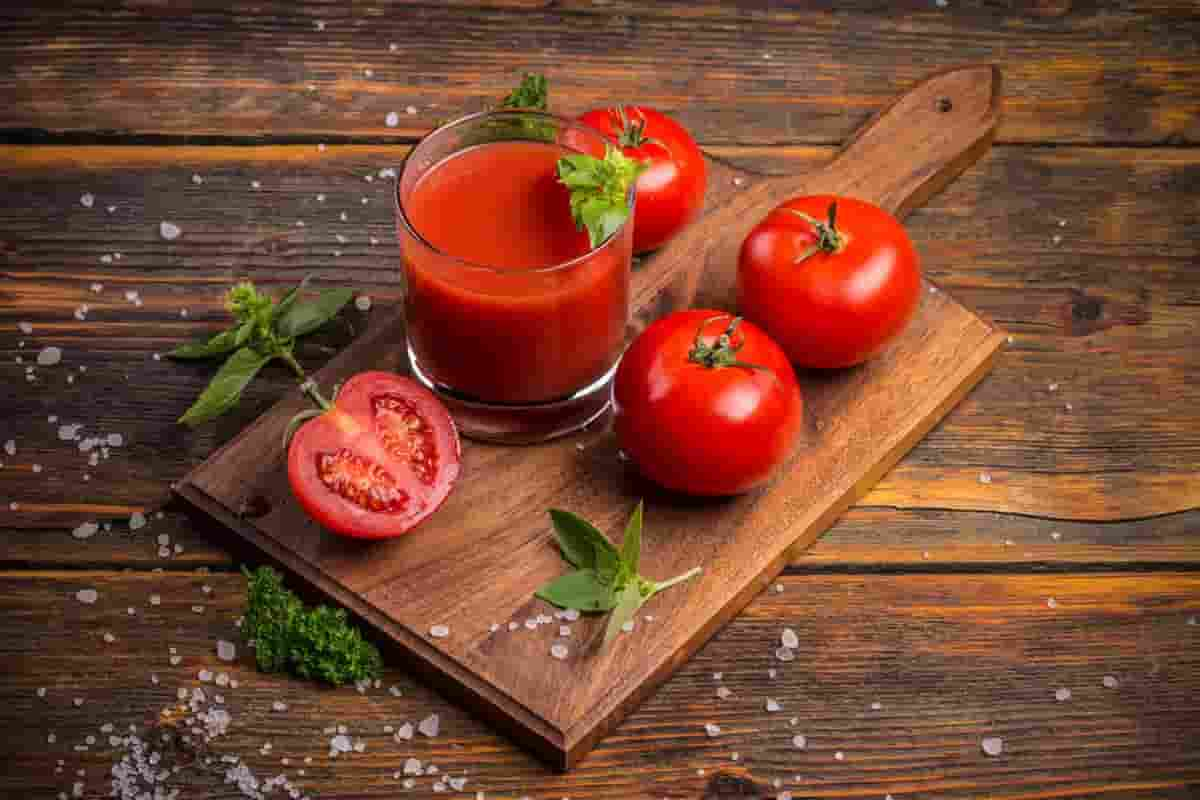
fresh tomato juice nutrition
Vitamin C is a component that can frequently be found in topical skin care treatments. It has the potential to stimulate the formation of new connective tissues, which can assist in the repair of wounds and acceleration of the healing process. If you applied tomato juice to your skin, would you get the same health benefits? That is not obvious at all. There is a need for additional research to determine whether or not there is a connection between immediately applying the juice from vitamin C-rich foods to your skin. Tomatoes include a number of chemicals that have an impact that is anti-inflammatory. Source You Can Rely On. A few examples of these compounds are lycopene, beta carotene, lutein, vitamin E, and vitamin C. These chemicals, when applied to the skin, have the potential to alleviate the pain that is associated with skin irritations or sunburn. On the other hand, there is no research that has investigated whether tomatoes, when applied directly to the skin, can assist reduce inflammation. As was stated before, tomatoes are a wonderful food choice for anyone looking to get their vitamin C fixed. In addition to helping your immune system, vitamin C can also play a role in stimulating the formation of collagen. When applied topically, vitamin C has the potential to help increase the suppleness of the skin. Your skin may become more firm as a result of this. However, there is no proof from scientific research to suggest that rubbing tomato on one’s skin can result in the aforementioned benefits. Dead skin cells can be scrubbed away by exfoliation. It has the potential to help enhance both the health of your skin and its appearance of it. When applied to the skin, tomato enzymes are said to be capable of providing exfoliating advantages, according to some persons. Sugar and mashed-up tomato pulp can be used to make a scrub called a tomato scrub. After that, you can use the scrub all over your body, but be careful to avoid getting it on your face. Because the skin on the face is thinner than the skin on the rest of the body, injuries to the face can be caused by the jagged edges of sugar crystals purchased at a store. It’s possible for free radicals to cause harm to the cells that make up your skin. This may put you at a greater risk of developing wrinkles and other indications of aging. 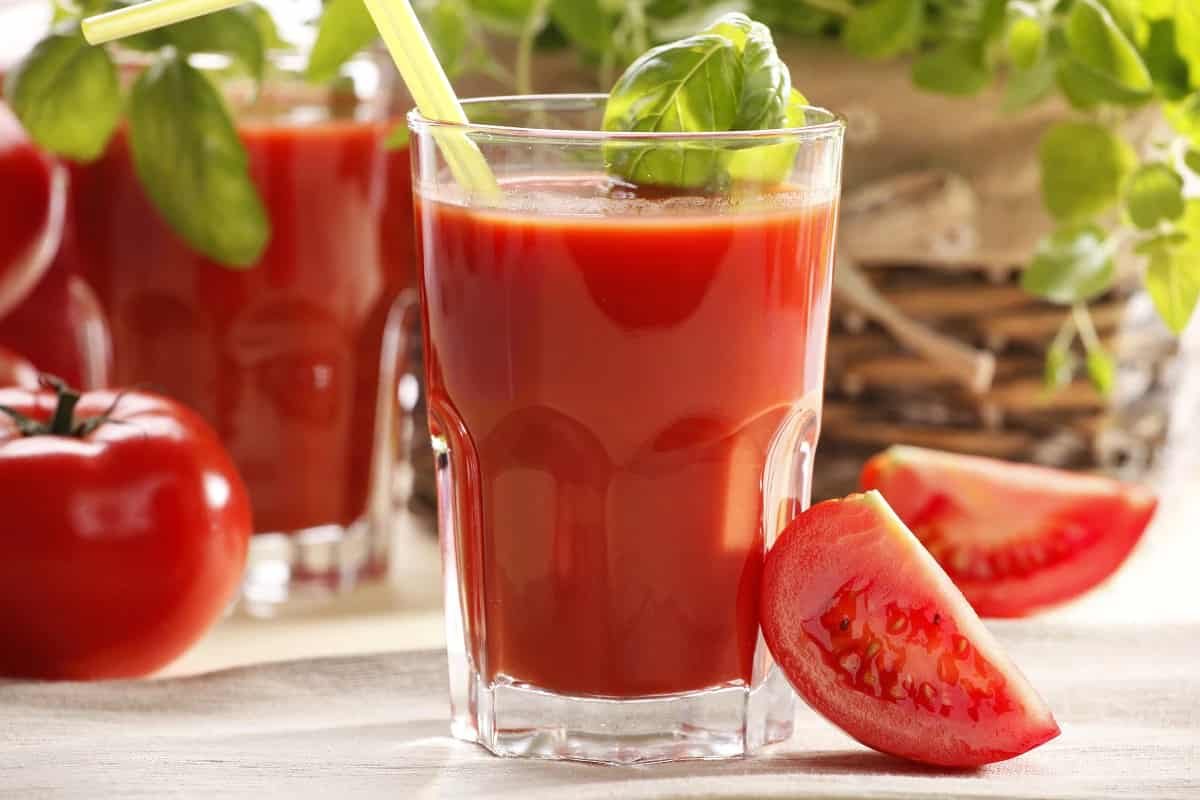
fresh tomato juice soup
Tomatoes have antioxidant properties thanks to their presence of lycopene and vitamin C. Tomatoes are a good source of some antioxidants, and eating them can help give your body them. That, in turn, might help in the fight against free radicals. You may also try putting on a tomato mask; however, there is no evidence to suggest that doing so will offer your skin the antioxidant advantages that have been attributed to tomatoes. Itching, cracking, and peeling of the skin are all symptoms that can result from untreated dry skin. A variety of lotions and creams can be used to treat dry skin. There is a school of thinking that asserts tomato juice can be applied to dry skin in order to help supply moisture. This school of thought exists in addition to the conventional therapies that are currently available. Tomatoes are a scrumptious and wholesome method for obtaining the recommended daily intake of potassium. Researchers have discovered that people who suffer from atopic dermatitis, a kind of eczema, tend to have lower amounts of potassium in their bodies. This deficiency in potassium may be one of the factors that contribute to dry skin. On the other hand, there is no evidence from scientific studies to show that applying tomato juice topically can give the same benefits that a traditional moisturizer would deliver. This is the case even though it has been tried. Tomatoes and tomato juice are both beneficial to one’s health in a variety of different ways. There is a chance that they will be helpful to your skin, but this treatment is not one that should be used on everyone. Tomatoes, by themselves, have a pH level that is on the acidic side. It is possible that a skin reaction will occur if you apply tomato fruit or juice to your skin if you have a sensitivity to naturally occurring acids or if you have an allergy to tomatoes. 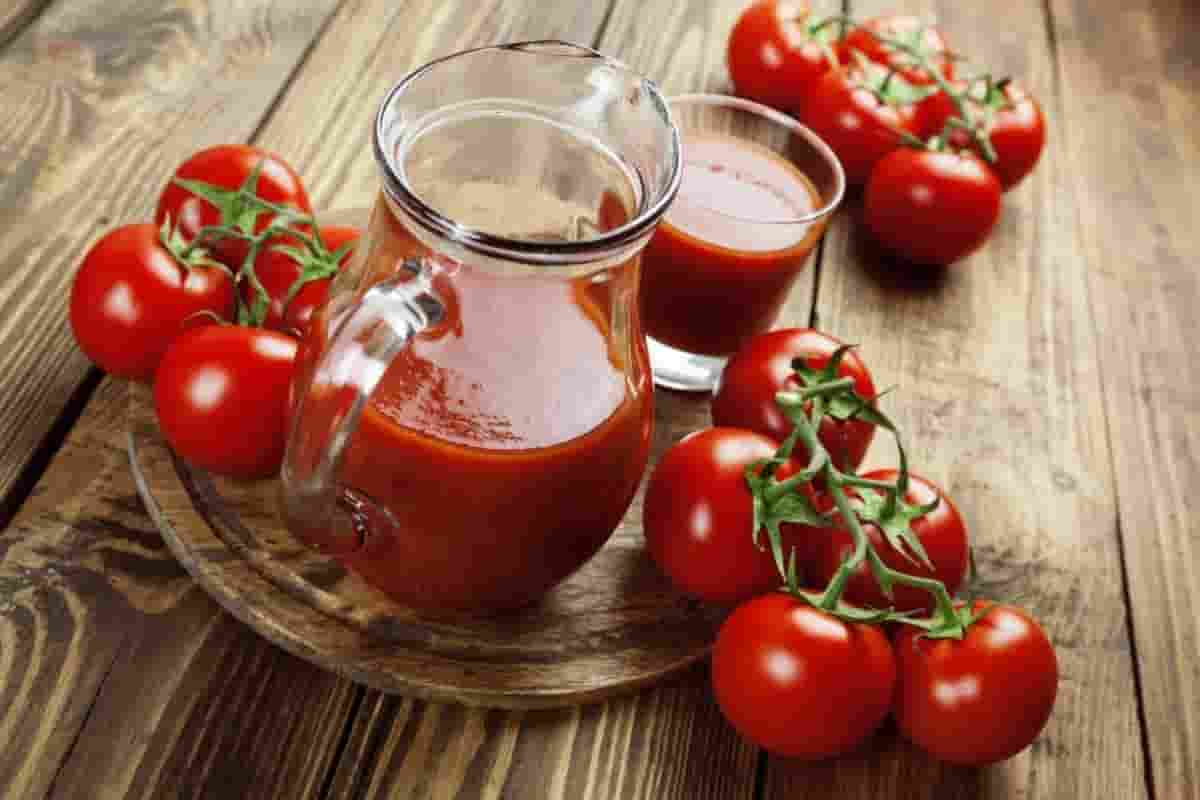
fresh tomato juice uses
This is especially important to keep in mind if you have delicate skin. Rash, itching, redness, and additional sources of irritation are some of the symptoms that might appear as a result of skin response. If you intend to use tomatoes or tomato juice, you should conduct a skin patch test first using a very small amount of the juice on a very small area of your skin before applying it to a substantial percentage of your body. Watch your skin carefully for any signs of an adverse response. If the naturally acidic nature of tomatoes is too much for your skin to handle, you should avoid putting them on your skin and instead eat or drink them instead. Tomato extract used topically to the skin has not been shown to have any positive effects, despite claims to the contrary. It’s possible that eating tomatoes will give you the most benefits for your health. If you want to try experimenting with a topical treatment, you have a number of different options to select from; however, the appropriate choice for you will depend on how curious you are. 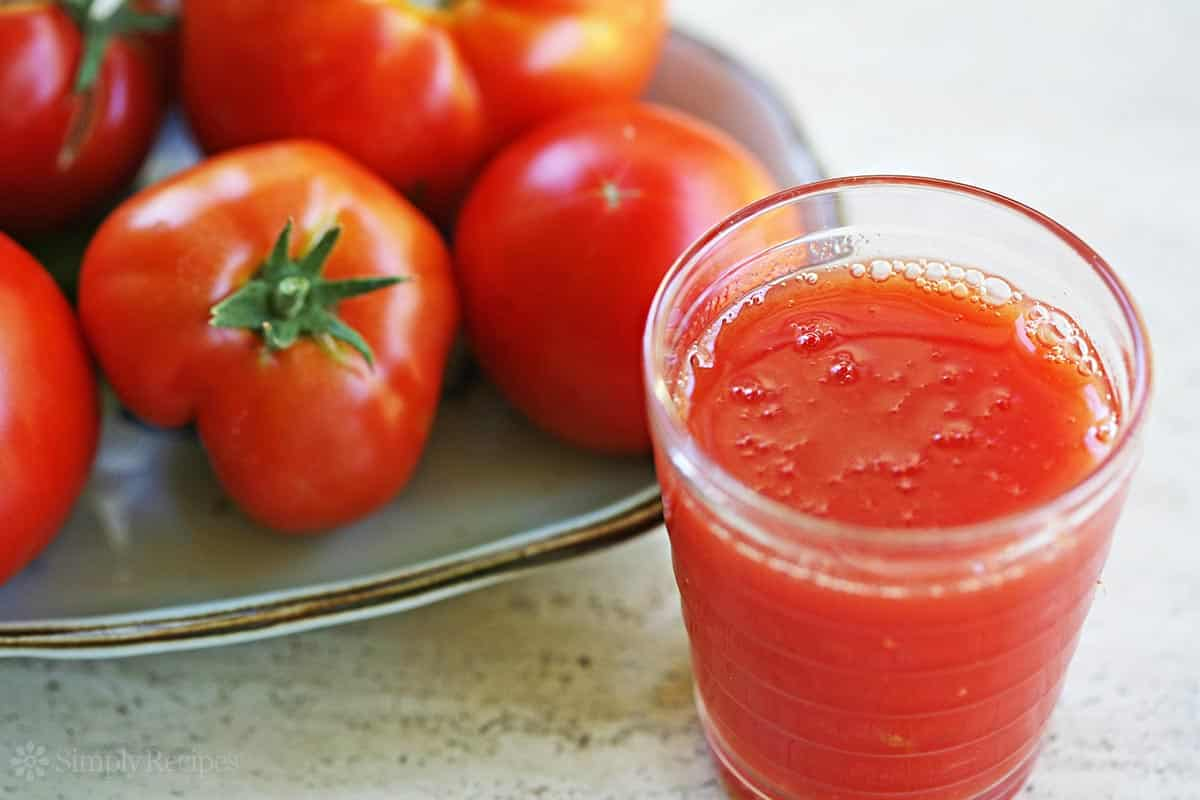

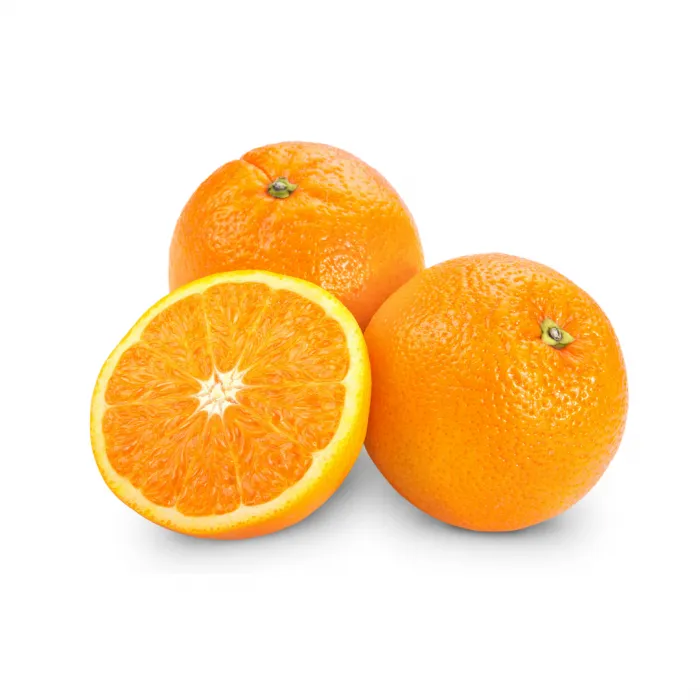



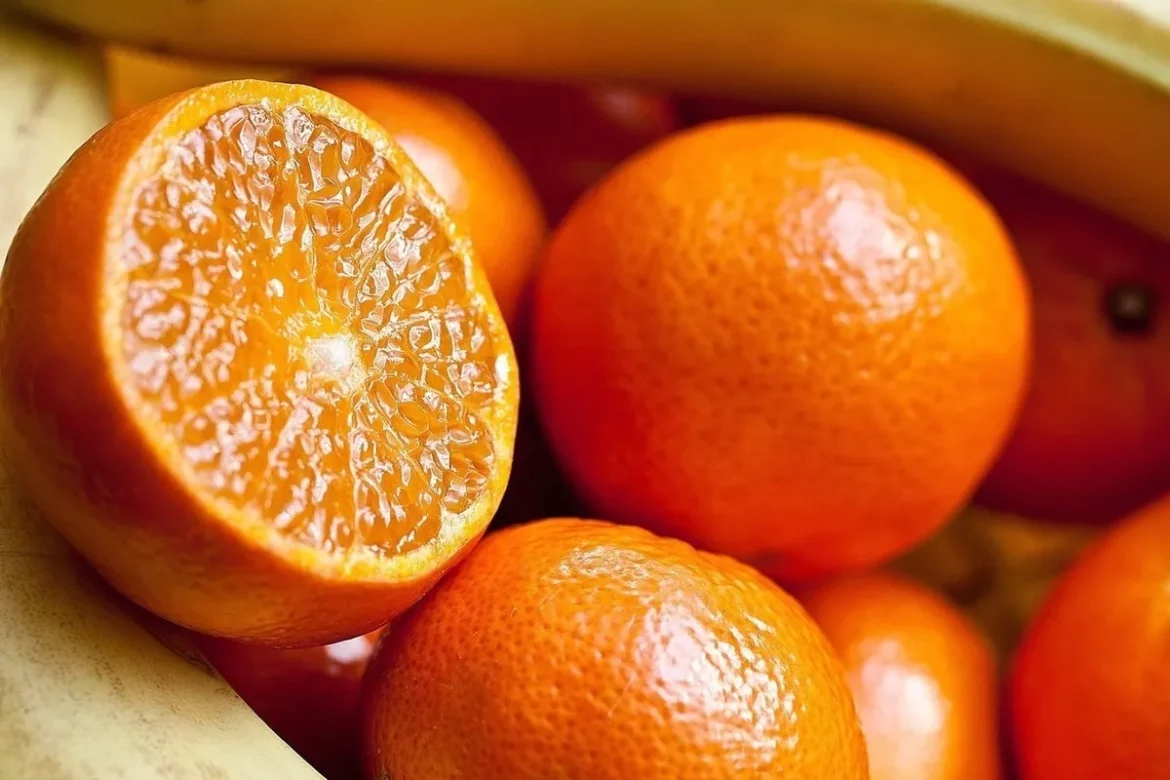


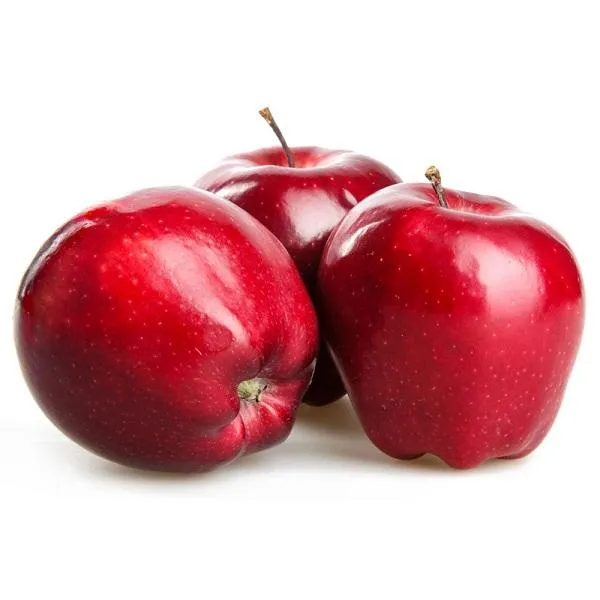

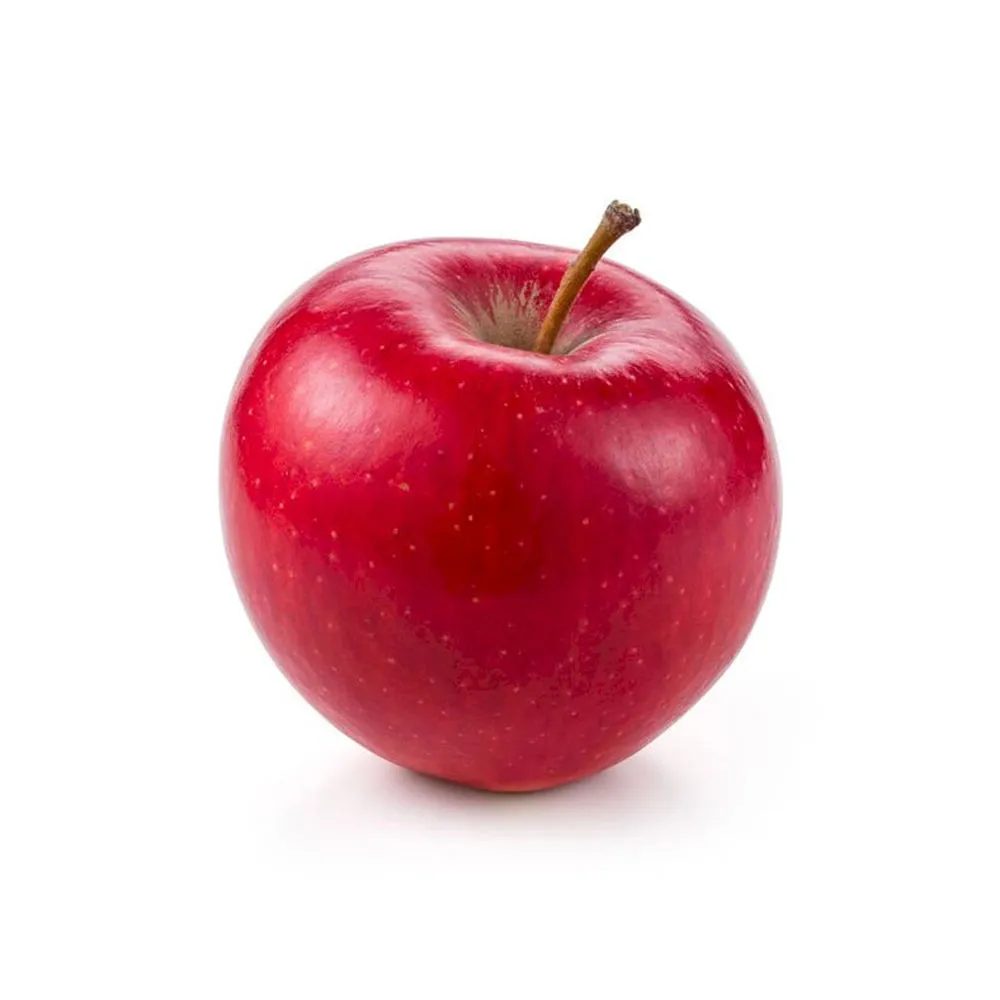
Your comment submitted.